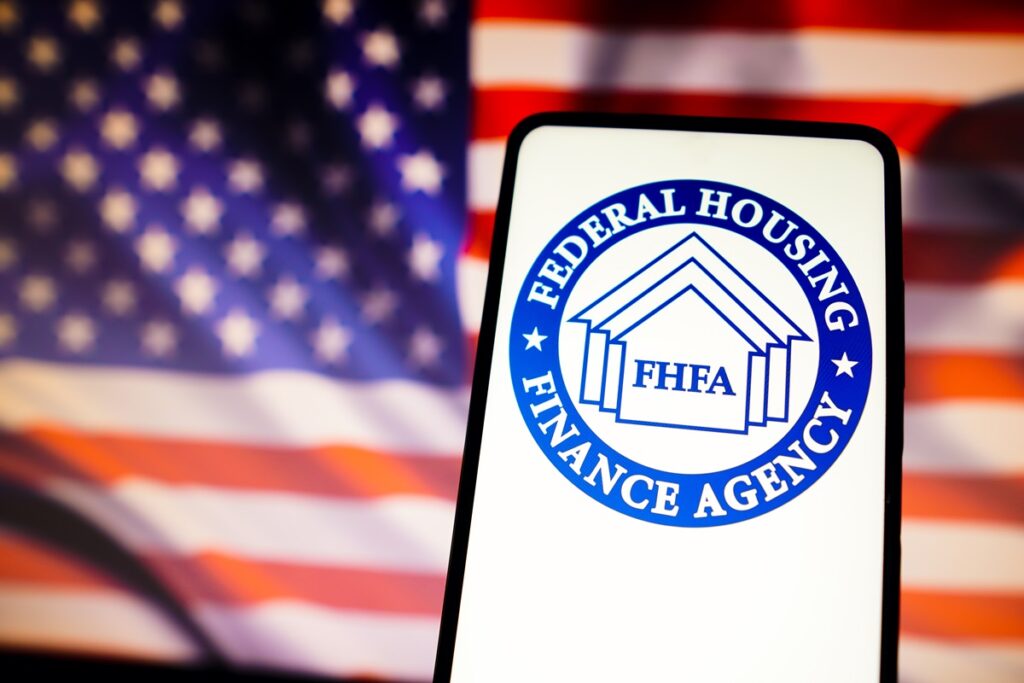The Federal Housing Finance Agency (FHFA) has released its Fair Lending, Fair Housing, and Equitable Housing Finance Plans Final Rule, together with the Fannie Mae Equitable Housing Finance Plan update and Freddie Mac’s Equitable Housing Finance Plan update, as well as Performance Reports for both Fannie Mae and Freddie Mac for 2023.
The final rule codifies in regulation FHFA’s fair lending oversight requirements for the government-sponsored enterprises (GSEs)—Fannie Mae and Freddie Mac—and the Federal Home Loan Banks; the GSEs’ Equitable Housing Finance Plans (Plans); collection of homeownership education, housing counseling, and language preference information from the Supplemental Consumer Information Form (SCIF); and new Federal Home Loan Bank reporting requirements.
“As we reflect on the significance of Fair Housing Month, FHFA and its regulated entities will continue to address barriers that make affordable housing difficult to find,” said FHFA Director Sandra L. Thompson. “These initiatives are critically important at a time when housing affordability remains a persistent challenge.”
Since the release of their Plans in June 2022, the GSEs have made great strides towards ensuring all borrowers and renters have access to fair, sustainable, and equitable housing opportunities. Combined, both Fannie Mae and Freddie Mac have served close to 2.6 million families under their respective Plans by educating consumers, reducing closing costs, introducing innovation into underwriting, and combating appraisal bias. The GSEs also propose new actions for 2024, including a focus on promoting homeownership for first-generation homebuyers.
Equitable Housing Finance Plan overview
Both GSEs plan to tackle shrinking the homeownership gap through a number of steps, including:
- Addressing the homeownership divide: Both GSEs will address the homeownership gap for Black and Latino families through responsible and impactful initiatives that expand access to credit to these future homebuyers.
- Addressing redlining: The GSEs aim to support underserved renters and multifamily borrowers by expanding financing for affordable housing developers and helping Community Development Financial Institutions (CDFI), minority depository institutions (MDI), and smaller banks with improved access to capital.
- Increasing and improving the quality of affordable housing options: The GSEs will aim to leverage private, global investments to create and preserve affordable housing options. These efforts will consider the need to preserve the communities intended to benefit from new investments.
- Increasing opportunities for renters nationwide: The GSEs will increase opportunities for renters at multifamily properties and from within renters’ communities. Their efforts will focus on mainstreaming financial empowerment, wealth building opportunities, tenant protections, and resident services for renters within GSE-financed rental communities and the multifamily industry at large.
- Reduce disparities in Black and Latino communities: The GSEs have committed to building trust in the housing ecosystem by demonstrating a commitment through action, by increasing opportunities and access to capital for diverse and emerging multifamily developers in order to increase wealth-building opportunities, and enhancing the ability for people to invest in and grow their communities.
Serving the underserved
Both GSEs’ 2022-2024 Equitable Housing Finance Plans identify Black and Latino communities as underserved and include extensive discussions of barriers to sustainable housing opportunities.
Among those markets both GSEs intend on assisting achieve the America dream are first-generation homebuyers. First-generation buyers are less likely to benefit from intergenerational wealth transferred from parents or caregivers who were homeowners before them. In a climate where affordability and capacity to meet closing cost demands are challenging, first-generation borrowers are the least likely to receive financial assistance from family, and therefore, are faced with more hurdles to achieving homeownership.
“The Equitable Housing Finance Plans are an active step in closing homeownership gaps among demographic groups,” said Bryan Greene, VP of Policy Advocacy for the National Association of Realtors (NAR). “We applaud the work that FHFA has done to support lenders who create special-purpose credit programs. This work promotes more fairness and greater soundness in the housing finance system and, ultimately, more homeownership opportunities for more Americans. We look forward to working with FHFA to further support homeownership and narrow the homeownership gaps.”
According to the FHFA, first-generation borrowers are disproportionately families of color, and the FHFA will seek public feedback to inform the next three-year Plans through a Request for Input (DFI) and listening session. FHFA expects to hold a public listening session in June 2024, and anticipates releasing the next Plans in January 2025.





